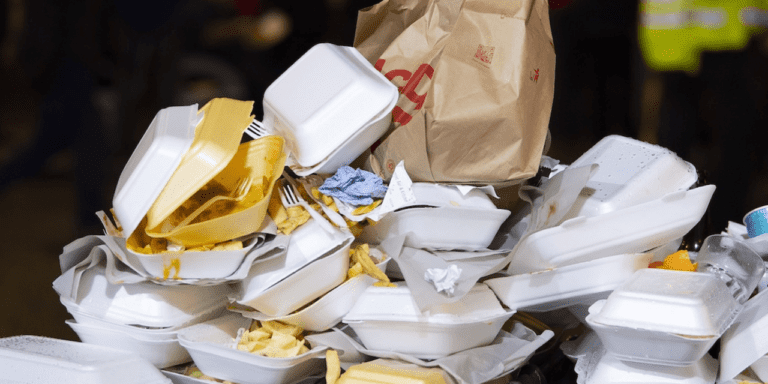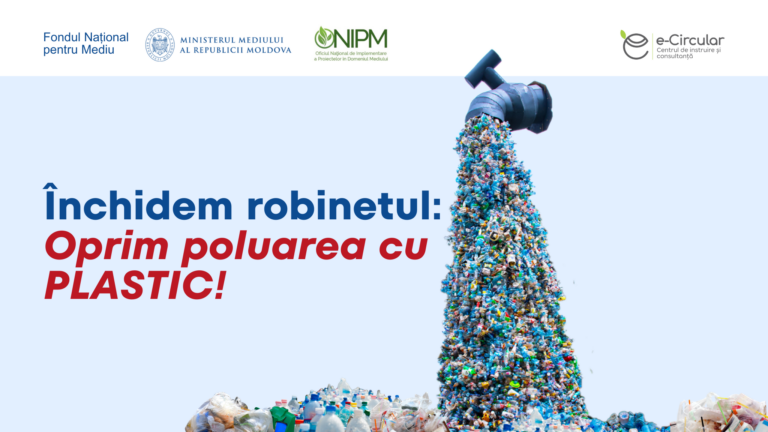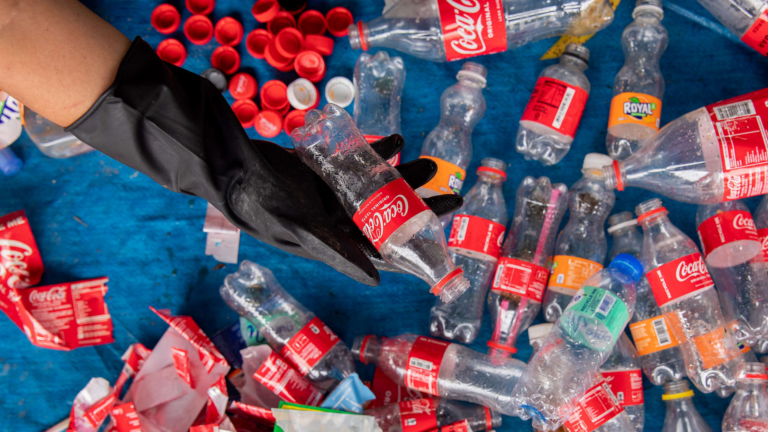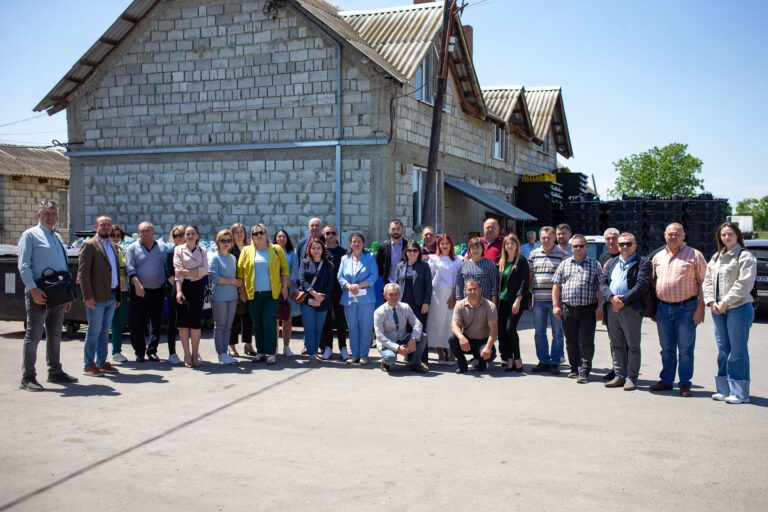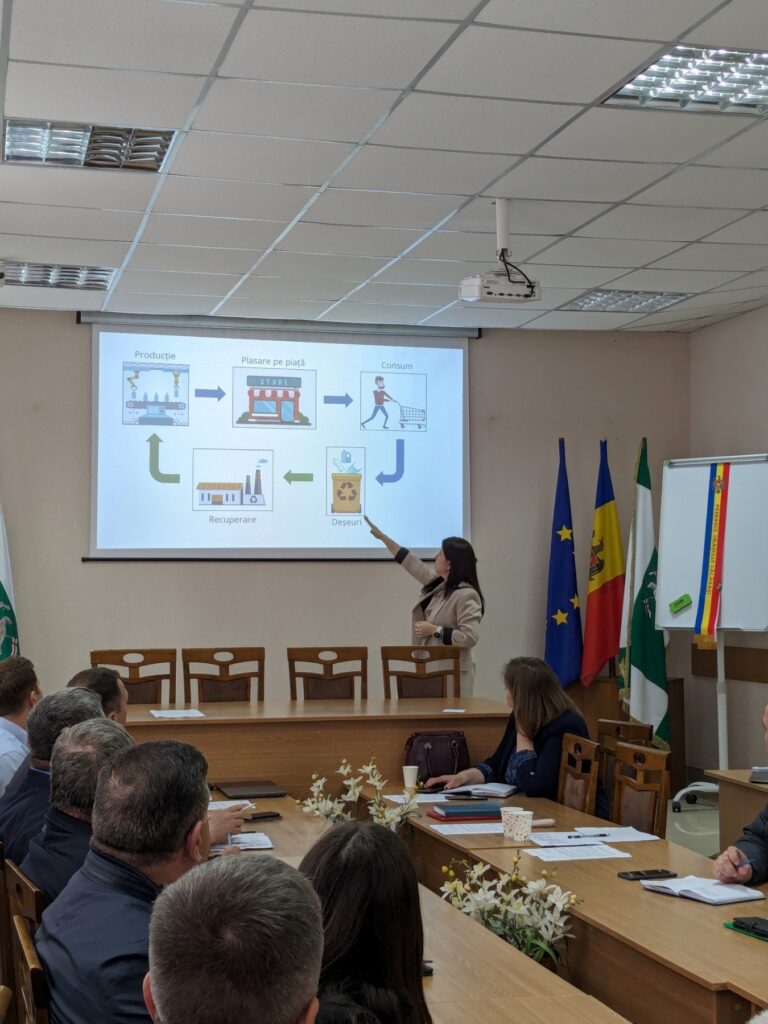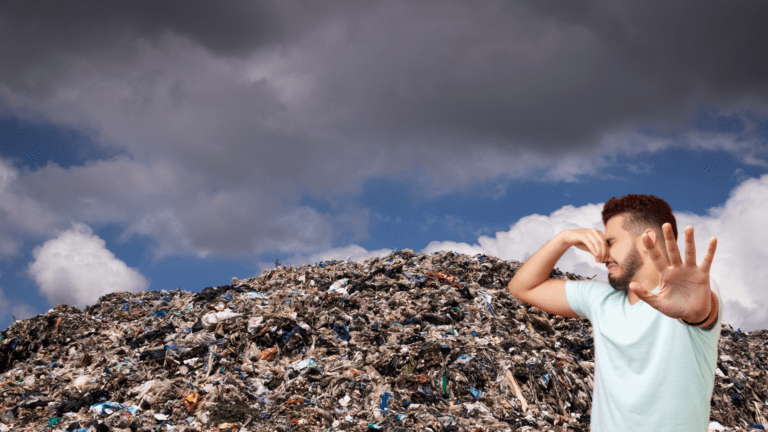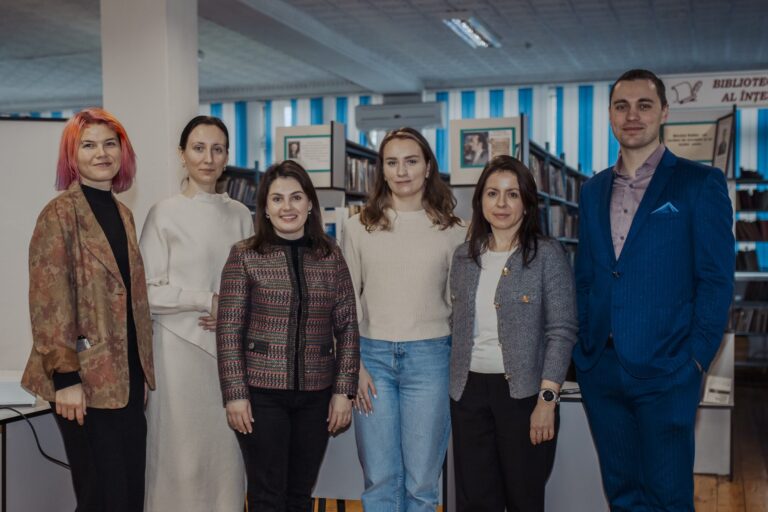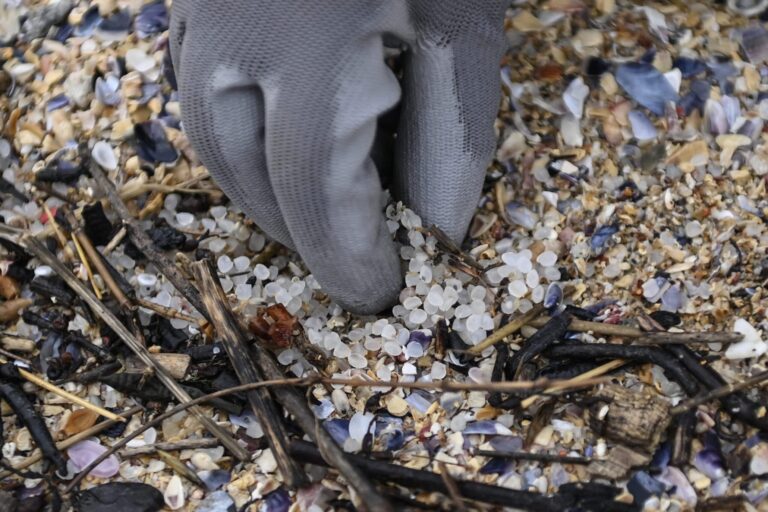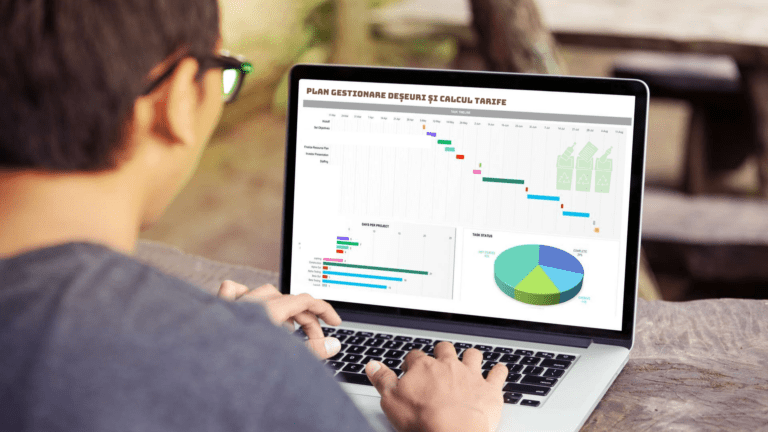Study on WEEE in the municipality of Chisinau
Details
AO "Association for Waste Recovery” presents the results of the Study on WEEE in the municipality of Chisinau.
The study was completed in June 2020 and is part of the "Clean city with recycled e-Waste - Recycle today for your health tomorrow" project implemented by AVD with the support GEF SGP Moldova Small Grants Program, implemented by UNDP Moldova in partnership with MoldRec Association.
The present study, the first of its kind in the country, provides an overview of the determining factors of consumer behavior (natural and legal persons) of electrical and electronic equipment, the level of awareness of the health hazard, the decisions taken regarding the fate of an e-Waste generated, including identifying and justifying current incentives aimed at increasing e-Waste collection rates. At the same time, the study presents informational support necessary for the formulation of legislative initiatives, the expansion and improvement of the WEEE collection and recycling infrastructure, the empowerment of the population and the establishment of sustainable partnerships with economic agents, directly involved in the production and management of this waste.
The study was carried out on a sample of 500 natural persons and 300 legal persons, representative of the municipality of Chisinau, using the CATI method (Computer Assisted Telephone Interviews) which allows the collection of information as part of quantitative research carried out by telephone, based on questionnaires clearly structured.
The data analyzed and presented in the study show a significant proportion, 56 % respondents natural persons and 43 % respondents legal entities, who for various reasons ignore the consequences on environmental pollution and health, practicing the long-term storage of WEEE, including throwing them in the trash together with other waste.
From this it follows that the biggest obstacles in the WEEE collection process encountered by individuals and legal entities are insufficient information regarding their collection and recycling (73 % and 71 %), insufficient infrastructure regarding the collection of e-Waste ( 71 % and 66 %), too few e-Waste collectors and recyclers (59 % and 44%) and lack of incentives (56 % and 44% respectively). The study also shows a very low appreciation (score of 1.65 from individuals and 1.55 from legal entities out of a total of 5 offered) of the respondents in relation to the results of the actions taken by the competent public authorities in the field of WEEE.
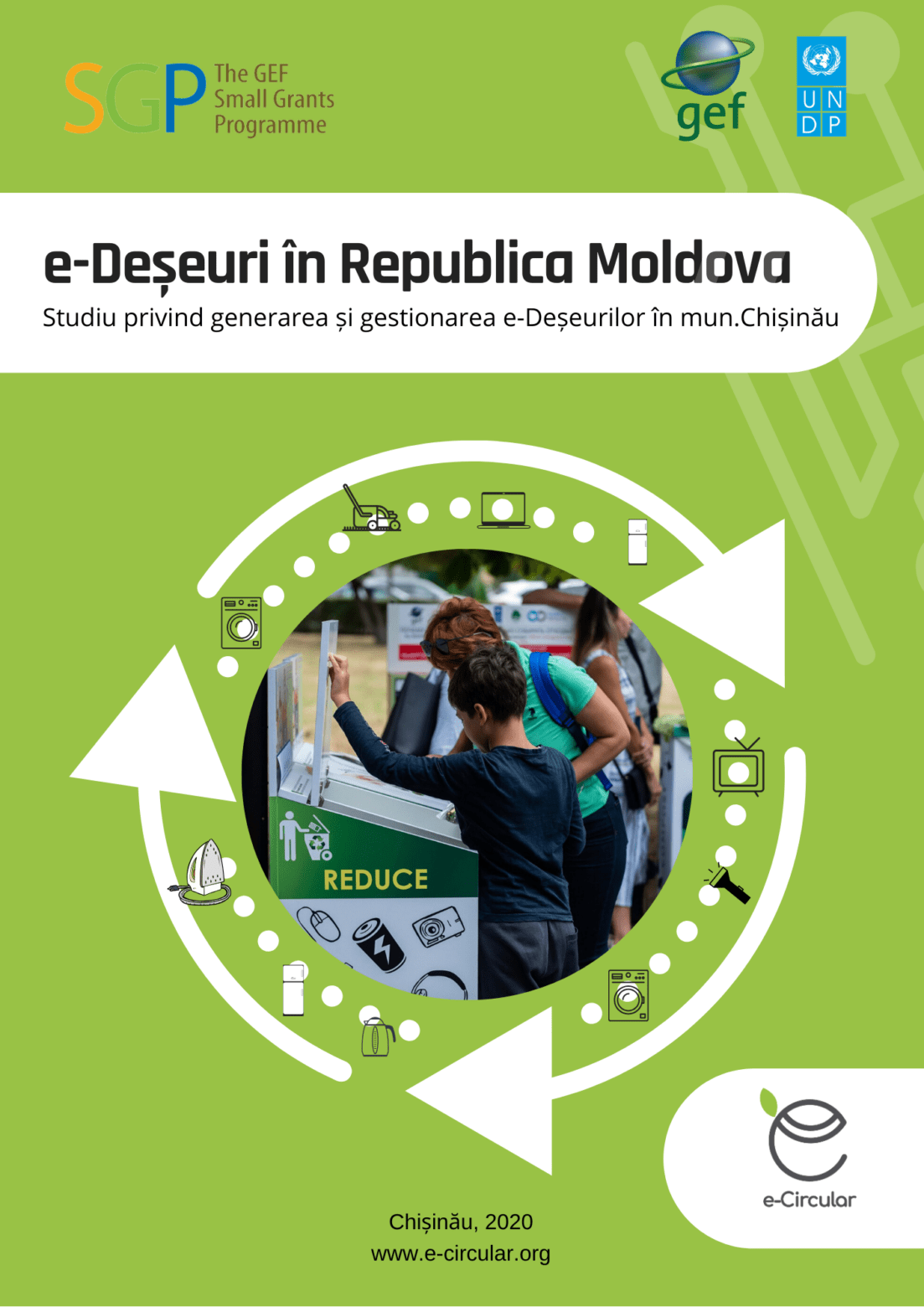
In conclusion, the study confirms an undeveloped infrastructure at the municipal level, including a low presence of specialized recyclers on the e-Waste market in the Republic of Moldova. At the same time, the efficient management of WEEE in the municipality of Chisinau, but also at the country level, is directly conditioned by the education of eco-responsible behavior on the part of WEEE generators and, respectively, the creation of the necessary premises (e.g. infrastructure, economic incentives, policies and regulations, etc.), which would facilitate the process of selective collection from the source of this extremely dangerous waste, directly influencing the decision to hand it over to authorized operators in favor of the decision to keep it long-term or, even worse, throw it into the mix with other waste.
In order to achieve several objectives of the 2030 Agenda, it is absolutely necessary accelerating the transition to a circular economy, recognizing from the start the value of e-Waste (RESOURCES) that we throw in the landfill. It is through the correct management of these wastes by all actors involved in these processes that we have the solution for a better quality of life, with safe jobs and a clean environment.
